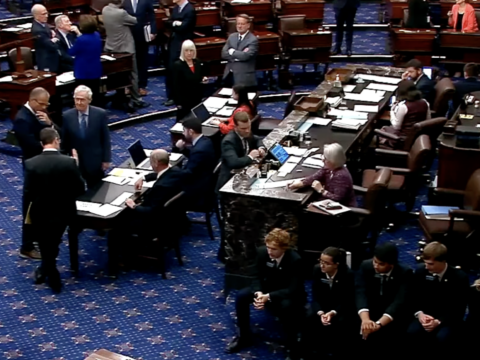PARIS (Diya TV) — Google encountered legal trouble in France as the Autorité de la Concurrence imposed a hefty €250 million fine (approximately $270 million) on the tech giant. The fine stems from Google’s failure to adhere to agreements with news publishers and its use of their content to train AI models without proper notification.
The competition watchdog found that Google violated previous commitments made with news publishers regarding fair payment negotiations for content reuse. This breach, particularly concerning, involved Google’s utilization of news publishers’ content to train its generative AI model, Bard/Gemini, without informing the copyright holders.
The dispute traces back to the implementation of a pan-EU digital copyright reform in 2019, which extended copyright protections to news headlines and snippets. Google’s unilateral action, initially attempting to evade the law by shutting down Google News in France, was swiftly countered by the competition authority. The authority intervened, deeming Google’s actions an abuse of its dominant market position and detrimental to publishers.
Despite Google’s subsequent efforts to negotiate with local publishers and agencies, the competition authority levied a significant $592 million fine in 2021 for major breaches in negotiation terms. Google, deeming the sanction disproportionate, initially appealed but later opted to settle the dispute by offering commitments to the Autorité de la Concurrence.
These commitments included providing essential information to publishers and ensuring fair negotiation practices. Google’s acceptance of these commitments led to the signing of copyright agreements with numerous French publishers, subject to stringent regulatory oversight.
However, the recent fine indicates ongoing challenges. The competition authority focused on Google’s use of news content for training its AI models, highlighting concerns about transparency and copyright compliance. Google’s management of publisher content for its AI model, Bard/Gemini, without explicit consent drew criticism and regulatory action.




